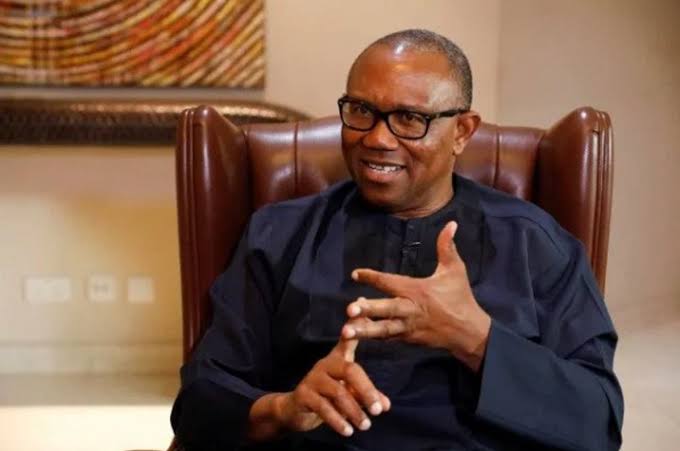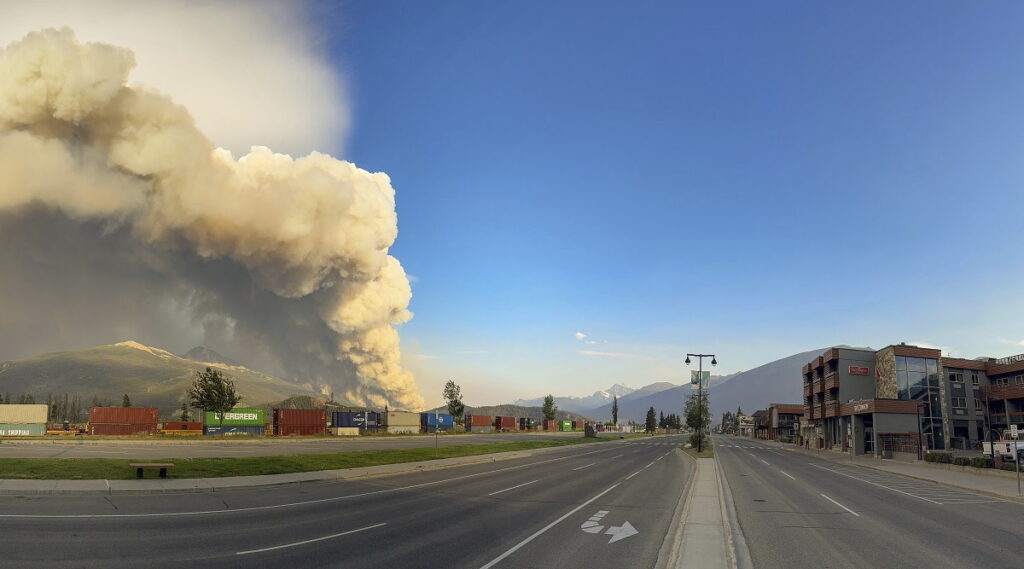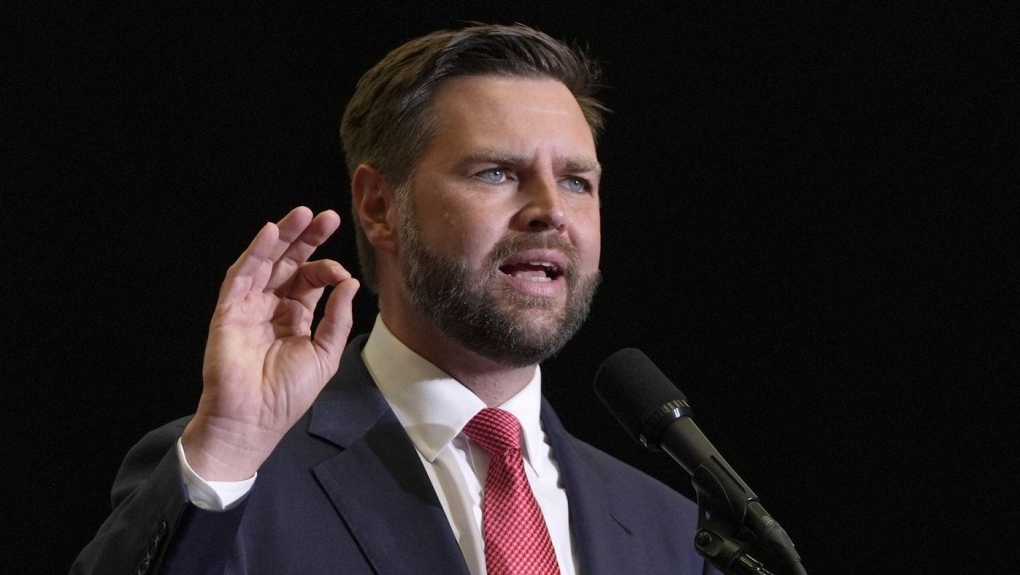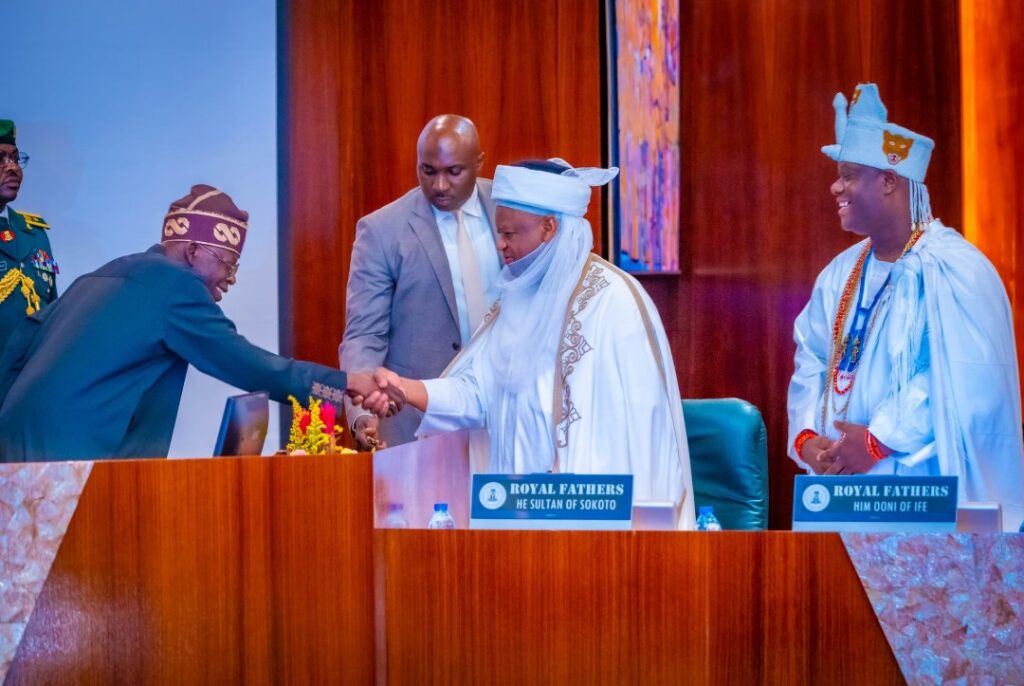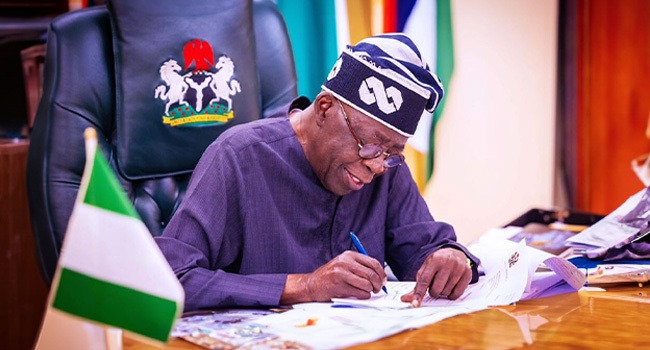Peter Obi, the Labour Party’s presidential candidate in the last general election, has voiced strong criticism against the recent decision of the Monetary Policy Committee (MPC) to increase the Monetary Policy Rate (MPR) to 22.5% and the Cash Reserve Ratio (CRR) to 45%.
Expressing concern over the potential ramifications, Obi cautioned that the move to tighten monetary policy without effectively managing money supply could intensify financial hardships for Nigerian households.
He warned of the likelihood of increased job losses, particularly in sectors like manufacturing, which heavily rely on bank loans and credit facilities.
Recall that the Central Bank of Nigeria (CBN) Governor, Yemi Cardoso, announced the increase in the Monetary Policy Rate (MPR) by four hundred basis points to 22.75% from 18.75% after the first Monetary Policy Committee (MPC) meeting for the year in Abuja, as reported by DNTWOK.
In response to the decision, Obi, through a statement released via his social media X handle on Thursday, argued against the effectiveness of restricting liquidity in the financial system to enhance productivity. He specifically highlighted food production as a primary driver of inflation in Nigeria and emphasized that such measures could exacerbate the situation.
Proposing a comprehensive solution, the former Anambra State governor underscored the urgency of addressing insecurity to effectively manage the high inflation rate and production decline.
He stressed that resolving security challenges would facilitate increased food and crude oil production, ultimately leading to a rise in overall production and making essential products, especially food, more affordable.
The statement read: “Let me confess that the label of being a vintage Onitsha-based trader does not in any way confer on me the status of an economic expert.
“With my vast trading knowledge and my involvement in the real sector, I am of the strong opinion that the recent decision of the Monetary Policy Committee to increase the Monetary Policy Rate, MPR, to 22.5% and the Cash Reserve Ratio, CRR, to 45% will further worsen the economic situation of most Nigerian households as it is bound to cause more job losses in the productive sector, especially manufacturing and other sectors that rely on bank loans and credit facilities for their funding needs.
“Tightening liquidity in the financial system does not improve productivity, i.e. food production, which is the major cause of inflation in Nigeria. Moreover, only about 12% of N3.6 trillion of the total money in circulation is in the banking system, which means that 88%, about N3.2 trillion, is outside the banking system.
“So, this measure would rather be counterproductive as it would not address the intended purpose of managing the money supply.
“These new measures will worsen the fragile economy as the supply of funds would dry up for the real sector, and the new MPR rate hike will push the interest rate on loans to above 30%, which would be very difficult for the real sector operators especially manufacturers and SMEs to repay; resulting, obviously, in increased bad loans, and worsening the nation’s economic situation.
“The most critical way to manage our high rate of inflation and decline in production is for the government to address the issue of insecurity in the country, which will allow for increased food and crude oil production and an overall increase in production, which will make products, especially food, cheaper.
“This way, we would increase our productivity as well as restore the confidence of FDIs and FPIs to come back to the country.
“I must caution that what the Nigerian economy needs now is hard-headed practical originality and results. Tinkering with classical economic theories can only deepen our crisis”.

